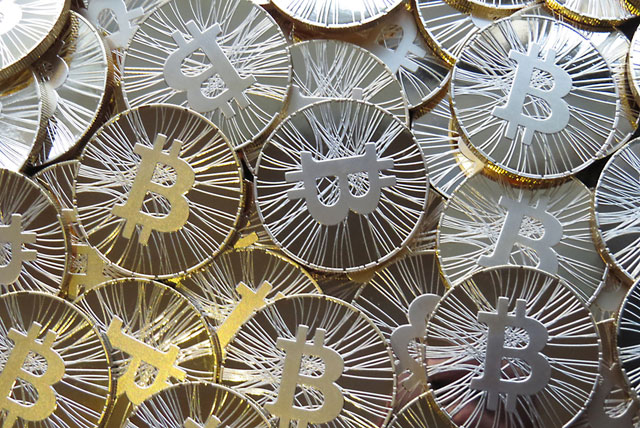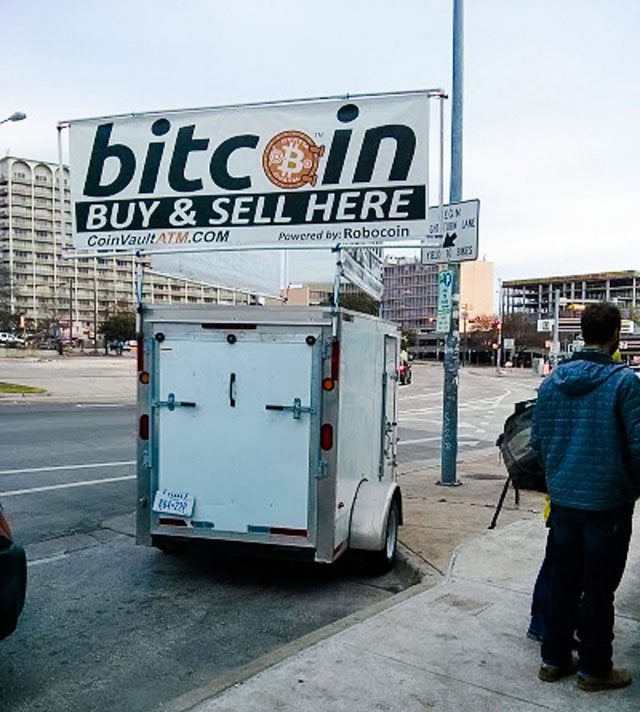Southeast Asia’s regulators remain divided over digital currencies such as bitcoins, as they fear a lack of control might trigger financial-market woes
By Philip Heijmans
The economic unification of Asean is fast approaching and, with that, financial movers agree that a more amalgamated regional monetary policy is needed to handle unprecedented growth in trade. Still, when it comes to money, major questions still loom over the viability of a single currency, leaving some punters to consider a modern, digital alternative.
Digital currencies are an almost completely untested concept, and the region is largely divided on virtual money. However, the rise of bitcoins has gripped monetary experts as a revolutionary tool that could one day change the way remittances are paid.

While the potential for such an innovation may be great, countries such as Thailand and Indonesia see some potentially destabilising drawbacks, including the fact that they carry no intrinsic value whatsoever.
“Right now, there is a huge focus on the value of bitcoin and the idea that it could be a store of value on the same scale as the US dollar or Euro,” said Zennon Kapron, digital currency expert and managing director of Shanghai-based financial consultancy Kapronasia.
“The real innovation with bitcoin is the nearly instant, global and decentralised payments that the technology enables, but unfortunately, the longer the conversation focuses on the value or the potential value, the more difficult it is for the payment conversation to even start,” he said. “If it can jump the regulatory hurdles, Bitcoin technology could dramatically change the way that remittance takes place by reducing costs and transaction time.”
After a tenuous start, bitcoins found their way into the global markets in 2009 as a self-propelling digital currency based on a decentralised peer-to-peer payment system that is exchangeable from portals anywhere around the world. Bypassing financial institutions, users get real-time market rates on any currency without being subject to large fees.
Though global usage is still relatively small and restricted to developed economies, bitcoin usage has found a place in Southeast Asia with countries such as Singapore and Malaysia already spawning a number of start-ups with hopes of making the virtual currency more accessible to everyday consumers.
One firm looking to do just that is Singapore-based payment processor CoinPip, which announced its intention in March to bring bitcoins to emerging markets in the region by allowing users to buy and sell the virtual currency via SMS.
“In Singapore, people are very happy with the Singapore dollar, but not with the dual use of the Hong Kong dollar, so they want an alternative, while other countries in the region that have experienced high inflation will like bitcoins,” said CoinPip co-founder Anson Zeall, adding that his product can be used by almost every kind of mobile phone on any kind of network.
While the prospects of digital currencies in today’s connected world seem promising, they are still considered a risky prospect, and countries throughout Southeast Asia are taking different approaches to bitcoins. With nothing backing the currency, regulators in Malaysia and Indonesia have said they are unwilling to withstand the possibility of destabilisation of the bitcoin and deemed them illegal.

“The absence of a regulatory body makes it difficult to accept Bitcoin as a currency.
An electronic currency is a possibility as it will reduce transaction costs substantially, but there has to be a multinational or national authority with a proper regulatory framework to govern the use of it as a currency, including the payment and settlement,” said Cyn-Young Park, assistant chief economist at the Asian Development Bank (ADB).
“It is an interesting technology development, but there are too many risks and uncertainties for its widespread use and use as a substitute for currency,” Park added.
Thailand, which carried a similar policy, reconsidered its position in February after the Bank of Thailand stated there were no provisions banning bitcoin trade. They are now being traded on the open market.
The Monetary Authority of Singapore (MAS), meanwhile, said in a statement in March that it would take a progressive stance on bitcoins by regulating their use in an attempt to stem potential money laundering and terrorist activities, a factor that has been weighed by most regulators.
“Consumers and businesses should take note of the broader risks that dealing in virtual currencies entails and should exercise the necessary caution,” said Ong Chong Tee, MAS deputy managing director.
To make matters worse, experts believe the digital currency to be too susceptible to security breaches, as was the case with Japan-based firm Mt. Gox, formerly the world’s largest trading portal for bitcoins, which filed for bankruptcy in February after losing nearly half a billion dollars in the currency due to hacking into its faulty computer system.
Aung Thura, chief executive of Myanmar-based market research firm Thura Swiss, said that even if regulators in a technologically archaic country like Myanmar were open to the idea of bitcoins, they would not likely gain much traction.
“Without larger companies providing training on products such as this, you don’t have too many people who understand this kind of technology,” he said.
Even though bitcoins may not find themselves as tradable commodities in most banks any time soon, some bankers believe they still show promise for the future.
“Globally, it’s far too early to say,” said Grant Knuckey, CEO of Cambodia-based ANZ Royal Bank. “I wouldn’t dismiss it out of hand – and in fact I would go as far as to say that perhaps bitcoin is laying bare the illusion of fiat currencies.”
